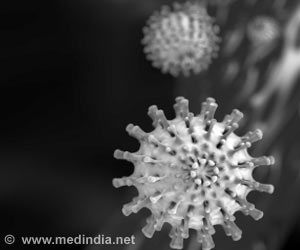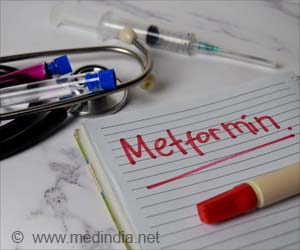Western society understands aging as something that is predominantly negative, a disease that has to be combated, this thinking is reflected everywhere.

‘American scientists demonstrated that mice with accumulations in their nerve cells exhibit a more stable long-term memory.’





For Yves Barral, Professor of Biochemistry at ETH Zurich, the view of the aging process as a consequence of flawed cell function and disease is too narrow. It ignores the fact that the mentioned so-called prion-like protein accumulations could have a positive effect, too, and therefore should not be referred to as cellular malfunction, he says. Old cells cope better with stress
Barral drew this conclusion based on his research on yeast cells. He and his colleagues recently found in these cells a new type of protein aggregate, which appears as the cells get older. As the scientists were able to show, these protein aggregates do not arise as the result of a cell's malfunctioning internal quality control. On the contrary: in yeast cells with such aggregates, quality control functions even better. "It certainly seems that these aggregates help yeast cells to cope with the physiological changes caused by aging," says Juha Saarikangas, a postdoc in Barral's group and first author of the recent study in the journal eLife. "We are very exited to learn what type of information is stored in these structures."
The scientists assume that these age-associated aggregates are formed by several different proteins. The researchers have already identified one prion-like protein that is part of the accumulations. What other proteins are involved and why the aggregates remain in the parent cells during cell division are subjects of further research.
Aggregates improve memory
Advertisement
"Bad end to a good thing"
Advertisement
"We're still a fairly small group of scientists who say: aggregate proteins are not pathological - they are neither an accident nor a defect," says Barral. Rather, these proteins aggregate because it is their normal function. Diseases such as Parkinson's and Alzheimer's only arise when the system becomes imbalanced and too many prion-like proteins accumulate in the wrong place in the cells. Barral continues: "There are two aspects to aging. Yes, you die at the end of the process, and this is negative. But you die wise. And Alzheimer's is perhaps a bad end to a good thing."
Source-Eurekalert









